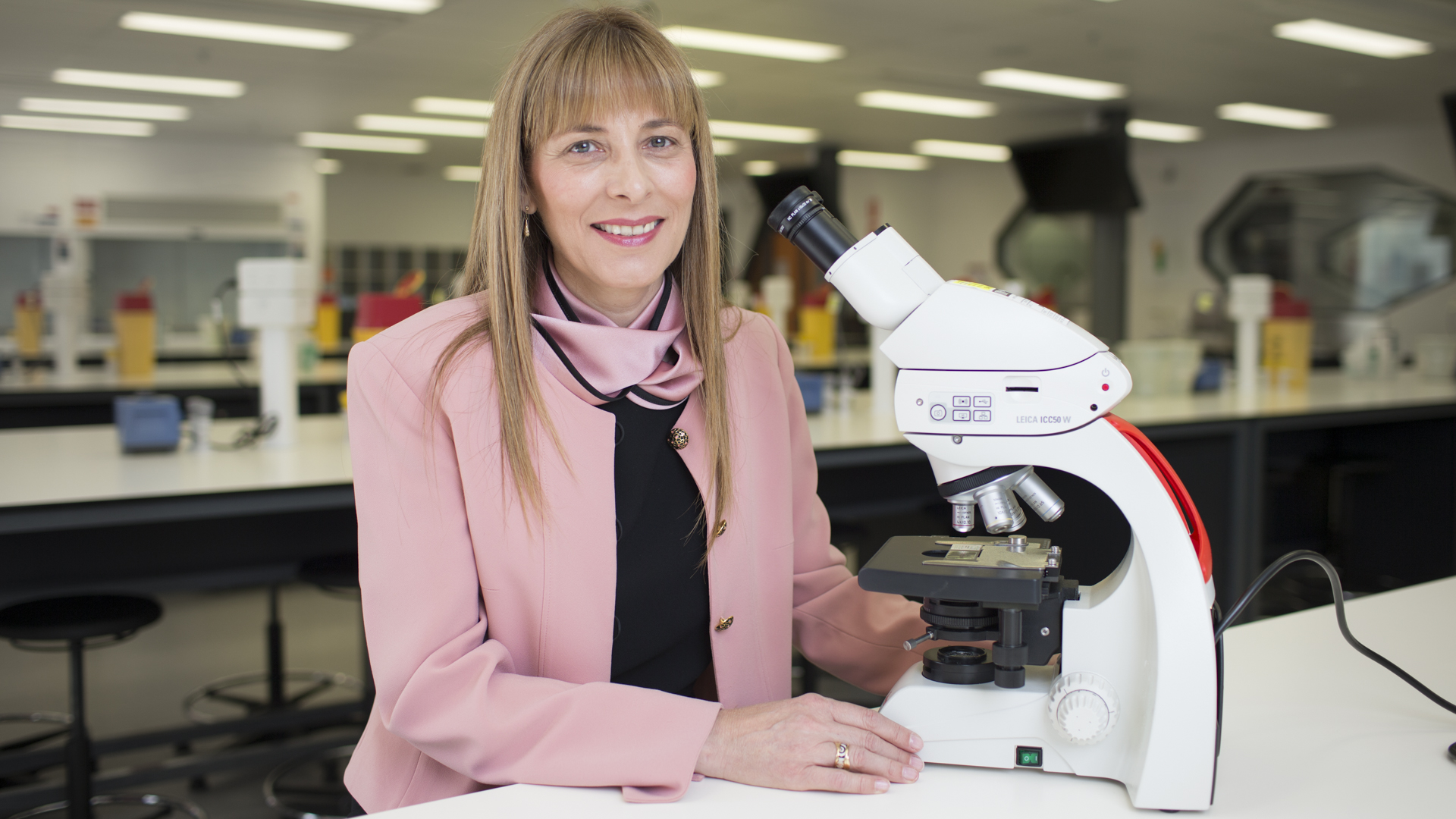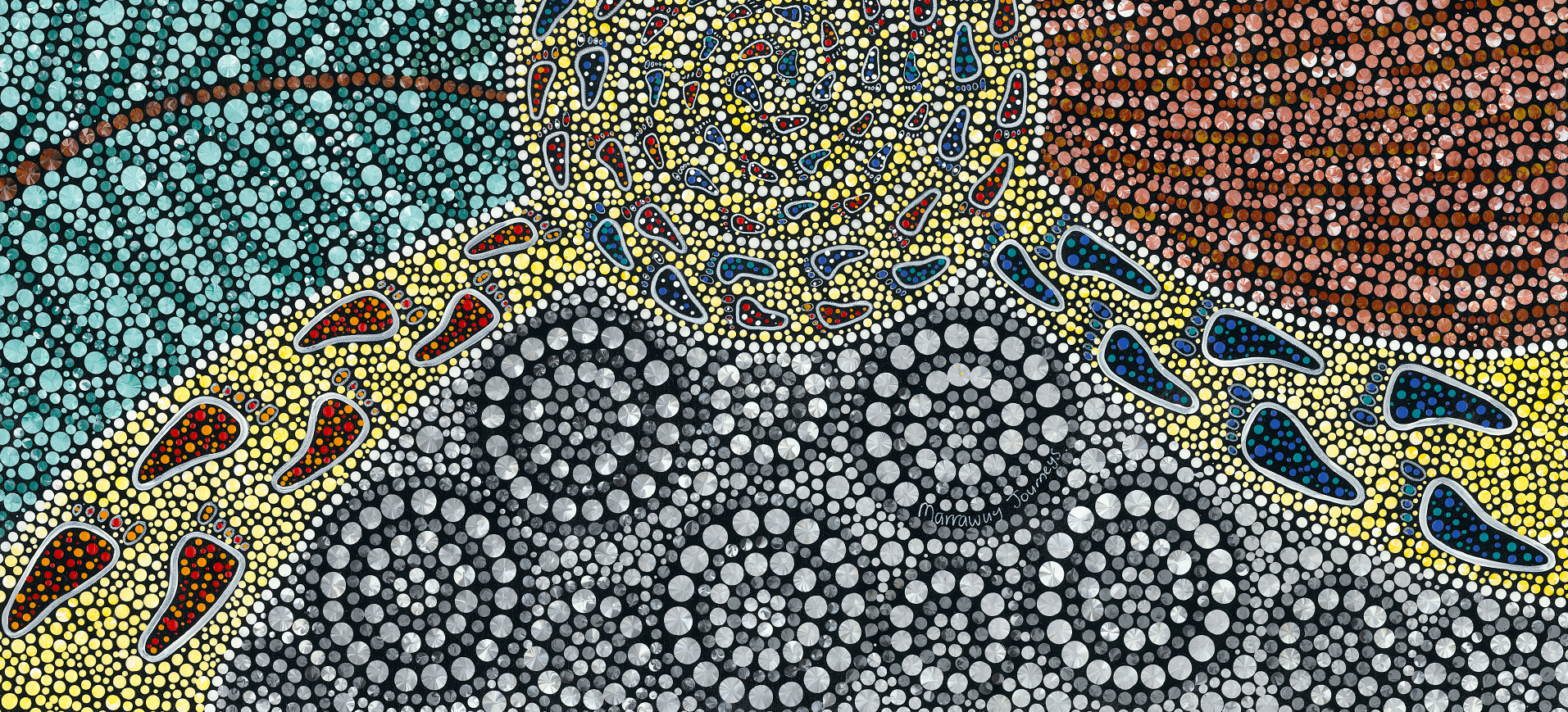
Photo courtesy of The Australian National University
New chair for medical school accreditation
Canberra pathology expert Professor Jane Dahlstrom is committed to ensuring that Australia continues to have the world’s best doctors that promote and protect the health of the Australian community.
“It’s really important that schools, colleges and institutions involved in producing the doctors of the future, not only give them the right skills, but the capabilities to be adaptive and inclusive of the needs of the communities they serve,” said Professor Dahlstrom.
Professor Dahlstrom was recently appointed as Chair of the Australian Medical Council’s (AMC) Medical School Accreditation Committee (MedSAC). The MedSAC assesses medical training programs against accreditation standards set by the AMC on behalf of the Medical Board of Australia.
There are around 120 primary and specialist medical programs and close to 40 medical schools and medical colleges operating in Australia. Each one is assessed against a set of standards that sets out the necessary skills, knowledge and professional capabilities expected of graduates. The standards also emphasise the need for cultural safety learning which Professor Dahlstrom sees as an important step in the evolution of medical education.
“We’ve made a lot of inroads in raising the profile of the need for schools and colleges to think about cultural safety and competency,” she said. “That’s been a really important discussion to have. Aboriginal and Torres Strait Islander peoples generally have poorer health outcomes than non-Indigenous peoples. Take for example perinatal death, which includes stillbirth. In 2020, the AIHW data showed that the overall perinatal mortality rate in Australia was 10 per 1000 births. For Indigenous peoples, it is 17 per 1000 births. It’s clear that our standards must be responsive to the needs of Aboriginal, Torres Strait Islander and Māori peoples.”
Training the next generation of doctors
What Professor Dahlstrom has probably enjoyed the most in her career is being involved in training the next generation of doctors and medical specialists. “I love to see when the light goes on,” she said. “I was very fortunate in my training to have people that invested a lot of time and effort in me. So, I have always had a strong desire to give back. When you see that enthusiasm, that interest, the hunger to learn more, it keeps you going.”
Professor Dahlstrom has worked on developing a curriculum for a new medical school and assessing trainees in speciality programs such as pathology, dentistry, surgery and radiology. Recently, she was the Chief Examiner for the Basic Pathological Sciences exam for the Royal College of Pathologists of Australasia.
As someone who has sat on both sides of the assessment and accreditation table, Professor Dahlstrom believes you need to have a broad range of perspectives when assessing medical programs.
“What I like about the AMC assessment teams is that they have a very strong presence of the community. There is representation from Aboriginal, Torres Strait Islander and Māori peoples, students, and trainees, community consumer advocates, as well as senior medical practitioners who have expertise in governance, teaching and assessment. Each of those members of the assessment team bring a range of perspectives so you get a more nuanced and meaningful understanding.”
The path to pathology
Professor Dahlstrom is currently the Acting Head of the Canberra Clinical School, and Professor of Pathology in the College of Health and Medicine at the Australian National University. She’s also the Senior Staff Specialist in Anatomical Pathology at ACT Pathology. And while she has forged a career in pathology, it was not something that she initially set out to do.
“If someone had told me at school that I was going to be an academic and anatomical pathologist that ended up living in Canberra with a family, I would have laughed at them,” she said.
Professor Dahlstrom graduated from the University of Sydney with honours in medicine and surgery and had planned on being a general practitioner.
“I always imagined I’d go into general practice because my GP was an excellent role model and spoke of how satisfying his career had been looking after generations of families,” she said. “But after my intern year, I was doing a family planning course in which you had to do a research project. The question that had come to my mind was what effects could hormone replacement therapy have on the heart?”
This interest would lead her to the John Curtin School of Medical Research in Canberra where she completed a PhD on the effect of sex hormones on heart disease. It was at this time that she crossed paths with a number of pathologists.
“The area that I was researching overlapped into pathology and I realised pathologists are the centre of the medical universe,” she said. “They’re the doctors that ultimately make the diagnosis that then determine the patient’s treatment and prognosis. This I thought would be a fabulous job!”
Among her many career highlights, Professor Dahlstrom sees her work in developing countries delivering educational programs aimed at reducing stillbirth as some of the most significant.
There are nearly 2 million stillbirths every year in the world. “The loss of a baby due to stillbirth remains a sad reality for many families,” she said. “By examining the placenta for example, we often help give families answers as to why some babies don’t thrive during pregnancy.”
A desire to help people is also what drives her research into breast cancer, particularly around early diagnosis. She has been involved with the ACT Breast Cancer Early Detection Program since it began, and is still active in promoting awareness.
Professor Dahlstrom is someone who knows breast cancer well. Not only has she spent hours looking down a microscope studying the disease, she also has lived experience. She believes that her own personal experiences of breast cancer have made her a better practitioner and teacher.
“When I report biopsies of cancer from any site, I realise now more than ever that there’s a person, a family, a whole community that will be affected by this diagnosis I’m making. It’s really important to give people accurate answers in a timely fashion.”
Professor Dahlstrom has had a long association with the AMC, having been a previous member of MedSAC and a number of AMC accreditation teams. She is looking forward to continuing that work. “The key objective of the AMC is to look at how we can meet the needs of the community and have doctors who are not just good, but great,” she said. “I’m hoping that the experiences I have, and with the support I’ll get from the AMC staff, we can work together with the schools and colleges to produce doctors who not only meet the needs of the community, but also have satisfying careers, now and into the future.”
